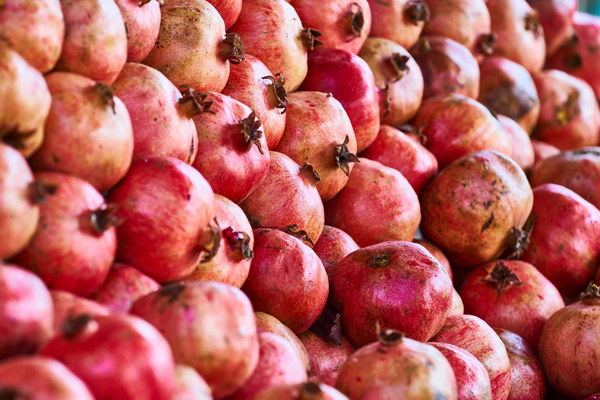Breath of Renewal A Guide to Lung Care and Eliminating Phlegm
In the hustle and bustle of modern life, our lungs often bear the brunt of pollution, stress, and unhealthy habits. However, with the right approach, we can nurture our lungs and effectively expel phlegm, leading to improved respiratory health. This article will delve into the essentials of lung care and provide practical tips for eliminating phlegm.
Understanding the Importance of Lung Health

Lungs are crucial organs that play a vital role in oxygenating the blood and expelling carbon dioxide. A healthy lung is capable of efficiently filtering out harmful particles, thereby safeguarding the body against infections and diseases. However, factors like smoking, poor air quality, and lack of exercise can impair lung function and lead to the accumulation of phlegm.
Identifying Phlegm Accumulation
Phlegm is a sticky, mucus-like substance produced by the respiratory system to trap harmful particles. While a small amount of phlegm is normal, excessive accumulation can cause discomfort, coughing, and difficulty breathing. To identify phlegm, pay attention to the following symptoms:
- Persistent cough
- Wheezing or whistling sounds when breathing
- Shortness of breath
- Chest tightness or pain
If you experience any of these symptoms, it is crucial to take immediate action to improve lung health and eliminate phlegm.
Top Tips for Lung Care and Phlegm Elimination
1. Stay Hydrated: Drinking plenty of water helps thin the mucus, making it easier to expel from the lungs. Aim for at least 8 glasses of water per day.
2. Practice Deep Breathing Exercises: Deep breathing exercises, such as pranayama and diaphragmatic breathing, can enhance lung capacity and improve oxygenation. Spend a few minutes daily practicing these exercises.
3. Incorporate Steam Therapy: Steam therapy can help loosen and thin the mucus, making it easier to cough up. Add a few drops of eucalyptus oil to a bowl of hot water and inhale the steam for several minutes.
4. Stay Active: Regular physical activity, such as walking, jogging, or cycling, can improve lung function and promote overall health. Aim for at least 30 minutes of moderate exercise most days of the week.
5. Eat a Healthy Diet: A balanced diet rich in fruits, vegetables, and lean proteins can provide essential nutrients to support lung health. Foods high in vitamin C, such as oranges, strawberries, and bell peppers, can boost the immune system and help fight off infections.
6. Avoid Exposure to Pollutants: Minimize exposure to indoor and outdoor pollutants, such as smoke, dust, and chemical fumes. Use air purifiers in your home and avoid high-pollution areas when possible.
7. Practice Good Hygiene: Regular handwashing and avoiding close contact with individuals who are sick can help prevent respiratory infections.
8. Seek Professional Help: If you have chronic lung conditions or persistent phlegm, consult a healthcare professional for personalized advice and treatment.
Conclusion
Caring for your lungs and eliminating phlegm is essential for maintaining respiratory health and overall well-being. By following these tips and adopting a healthy lifestyle, you can ensure your lungs remain in good condition and enjoy a lifetime of clear, easy breathing. Remember, the key to lung health is a combination of proper care, self-awareness, and proactive measures to prevent and address issues as they arise.









